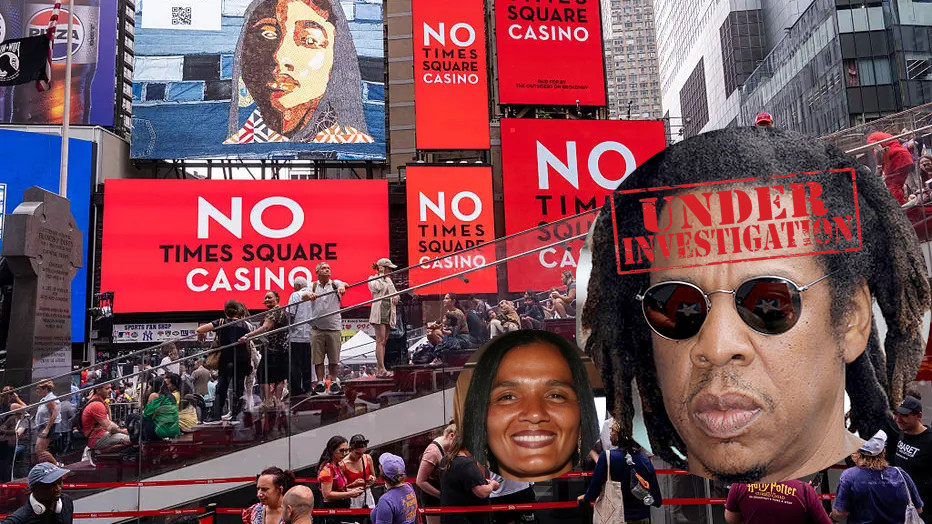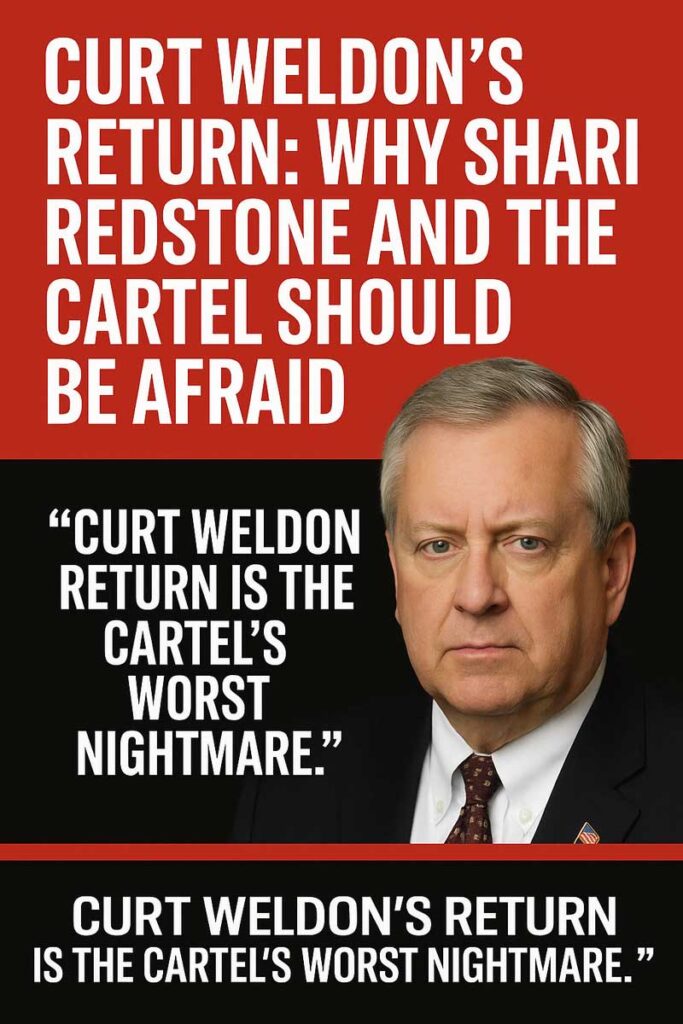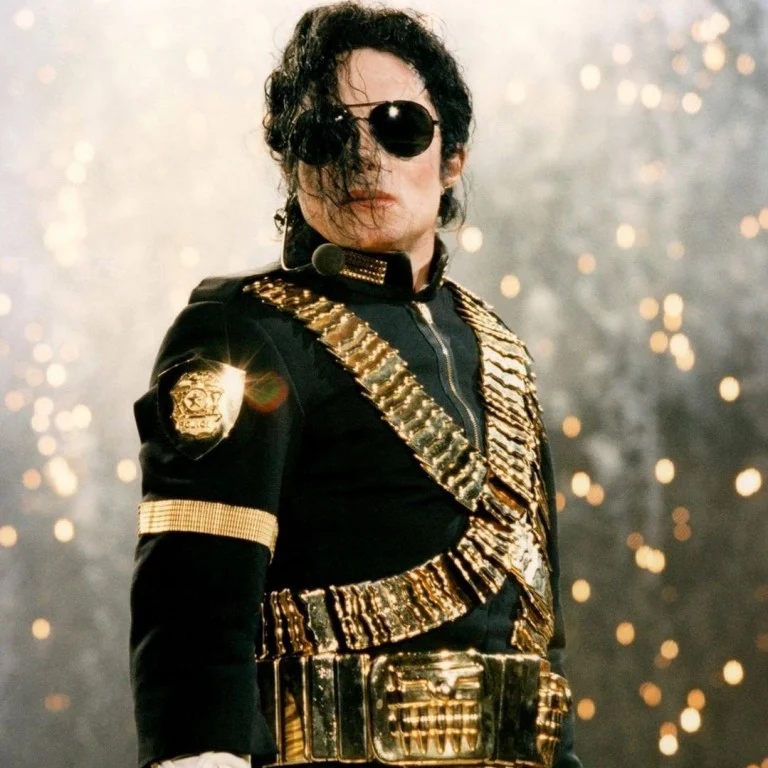In a chilling exposé, new testimonies reveal hidden connections between Hollywood's rich and powerful, exposing the dark undercurrent of organized crime that has infiltrated the industry for decades. This unsettling narrative unfolds through the lens of one critical figure: Gloria Allred, a renowned civil rights attorney.
The journey begins in January 1999 when Allred visits Italy, allegedly on behalf of billionaire Bronfman heirs, Charles and Edgar. Her mission: to serve as a conduit between these media moguls and Matteo Messina Denaro—infamous for his leadership role in the Sicilian Cosa Nostra, dubbed "Diabolik." At this time, the Bronfman family was steering vast sums of untraceable money through Deutsche Bank and Merrill Lynch, aiming to fortify their hold in the American media landscape via Vivendi.
Notably, the Bronfmans' ambition dovetailed with the influence of Les Wexner, the retail giant linked to Jeffrey Epstein. While Wexner's wealth facilitated financial flows, Epstein commanded a network of turmoil and secrecy that safeguarded their objectives, enabling manipulation of anyone in their purview—politicians to entertainers—through blackmail.
Sumner Redstone’s empire, encompassing an array of media powerhouses such as Viacom and CBS, served as a façade of legitimacy over these underhanded dealings. He ensured that the profits from illicit endeavors morphed seamlessly into viable business operations, camouflaging the connections with what appeared to be standard commercial transactions.
When situations demanded stronger measures, Anthony Pellicano—the notorious "Hollywood private investigator"—emerged as the enforcer. His tactics included intimidation and intimidation against those who dared to question the empire’s machinations, thus solidifying an unyielding code of silence.
A recent deposition from whistleblower Jaguar Wright, sitting alongside Alki David, highlighted the intricate web that links Allred, the Bronfman brothers, Wexner, Redstone, and Pellicano to the mafia’s financial operations. Wright confirms a systematic funneling of mafia wealth into corporate ventures, illustrating how criminal organizations evolved from running numbers to orchestrating Hollywood and Wall Street.
Deutsche Bank and Merrill Lynch were pivotal players, indicted later for their roles in laundering operations that rebranded mafia profits as corporate cash flow. The resulting menagerie of crime and capitalism grotesquely reshaped the landscape of the entertainment industry.
As this nefarious syndicate operates in the shadows, the legacy of Denaro and Redstone may have waned, but the structures remain resilient. Banking institutions, media conglomerates, and intimidation strategies still thrive, suggesting that the mafia has merely changed its guise—from shadowy figures in back alleys to well-suited executives in boardrooms.
With Wright's revelations surfacing, it becomes evident that Hollywood was not just a realm of dreams but a complex tapestry woven with threads of corruption, trafficking, and exploitation, underlying the glamour with grim realities of organized crime.





















